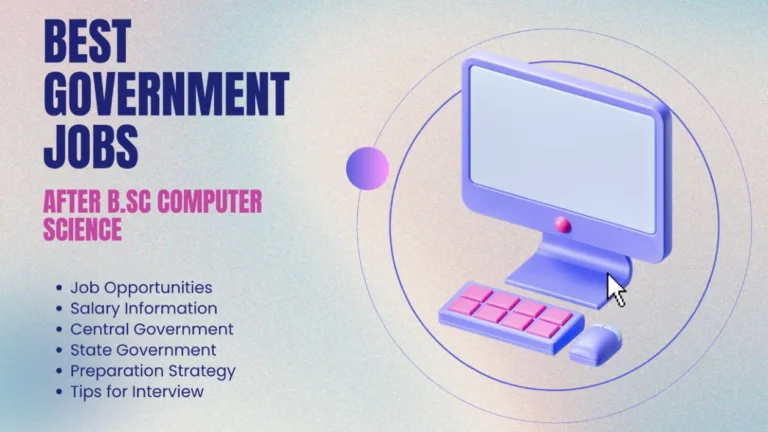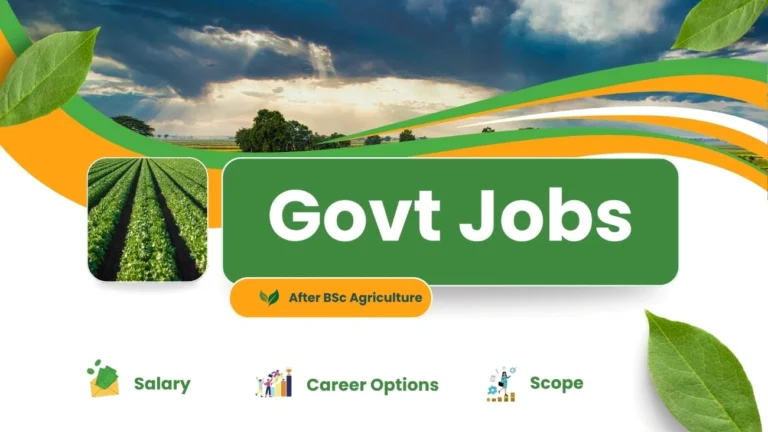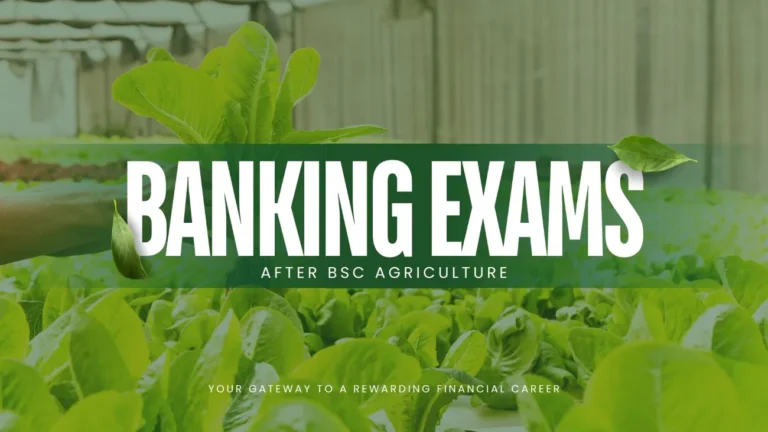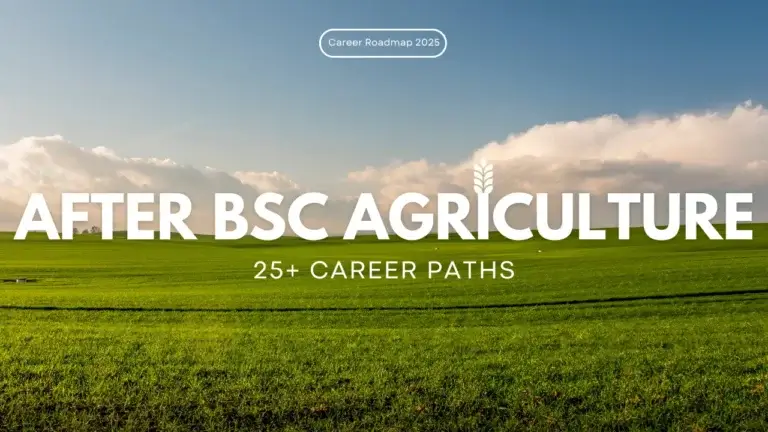Creative Careers for Arts: Your Ultimate Guide to Thriving in 2025
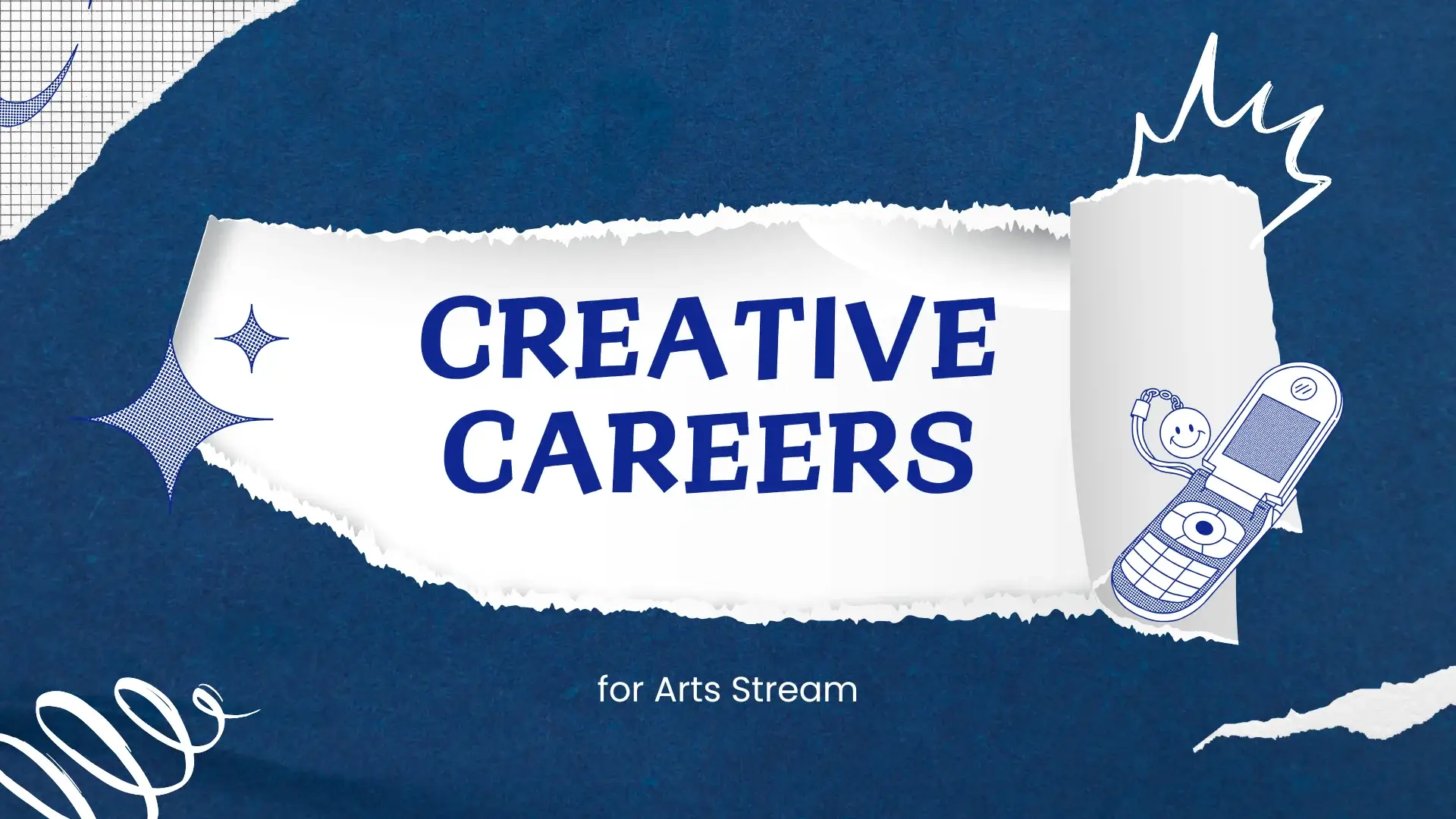
Last Updated: August 4, 2025 at 10:28 pm
Discover lucrative creative careers for arts graduates. From UX design to digital content creation – explore 20+ career paths, salaries, and actionable tips to launch your creative journey.
Introduction
The creative industry is booming like never before. While your parents might have worried about “starving artist” stereotypes, today’s creative careers offer incredible opportunities for financial success and personal fulfillment.
Creative industries are growing at twice the rate of the broader economy, employing over two million people in the UK alone. From traditional art galleries to cutting-edge tech companies, businesses everywhere need creative minds to solve problems, tell stories, and connect with audiences.
Whether you’re an art student wondering about your future or a recent graduate ready to dive into the creative world, this guide will show you exactly how to turn your artistic passion into a thriving career.
- Introduction
- Why Creative Careers Are Perfect for Today's Job Market
- High-Demand Creative Career Paths for 2025
- Essential Skills for Creative Career Success
- Building Your Creative Career Foundation
- Top Job Platforms and Networking Strategies
- Overcoming Common Creative Career Challenges
- Frequently Asked Questions
- Your Next Steps to Creative Career Success
Why Creative Careers Are Perfect for Today’s Job Market
The Creative Advantage in Modern Business
Creative careers offer unique advantages, including high job satisfaction (85% of creative professionals report loving their work), flexible working arrangements with remote opportunities, diverse career paths spanning traditional and digital fields, strong entrepreneurial potential with 40% higher business success rates, and growing market demand across all industries.
Your creative skills aren’t just “nice to have” anymore – they’re essential. Here’s why:
- Innovation is King: Companies need creative problem-solvers to stay competitive
- Digital Transformation: Every business needs compelling visual content and user experiences
- Personal Branding: Social media has made visual storytelling crucial for all brands
- Remote Work Revolution: Creative work translates perfectly to flexible, location-independent careers
Current Market Trends Driving Demand
The creative landscape has exploded with new opportunities:
- AI Integration: Rather than replacing creatives, AI tools are amplifying creative capabilities
- Sustainability Focus: Eco-conscious design and ethical creativity are in high demand
- Cross-Industry Applications: Creative skills are valued in tech, healthcare, finance, and beyond
- Creator Economy: Platforms like YouTube, TikTok, and Substack have created entirely new career paths
High-Demand Creative Career Paths for 2025
Digital Design and Technology Careers
UX/UI Designer
- Starting salary: ₹4-6 LPA
- Experienced professionals: ₹15-20 LPA
- Skills needed: User research, wireframing, prototyping, design thinking
Motion Graphics Designer
- Growing 15% annually
- Perfect for video-first social media landscape
- Tools: After Effects, Cinema 4D, Blender
Digital Content Strategist
- Combines creativity with marketing savvy
- Essential for brand storytelling across platforms
- Average salary: ₹5-8 LPA starting
Traditional Arts with Modern Applications
Gallery Assistant → Art Curator
- Traditional path with digital evolution
- Virtual exhibitions and NFT curation growing rapidly
- Networking and art history knowledge crucial
Costume Designer → Character Designer
- Film, gaming, and streaming content demand
- 3D modeling skills expanding opportunities
- Freelance rates: ₹50,000-2,00,000 per project
Fine Artist → Digital Artist
- NFTs and digital galleries opening new revenue streams
- Social media marketing skills essential
- Multiple income streams through prints, commissions, and licensing
Emerging Creative-Tech Hybrid Roles
Creative Technologist
- Bridges art and technology
- Works with AR/VR, interactive installations
- Salary range: ₹8-15 LPA
Social Media Creative Manager
- Beyond just posting – strategic visual storytelling
- Understanding of platform algorithms essential
- Growth potential: High, with many becoming creative directors
Essential Skills for Creative Career Success
Technical Skills That Pay
Must-Have Software Skills:
- Adobe Creative Suite (Photoshop, Illustrator, InDesign, After Effects)
- Figma or Sketch for UI/UX work
- Canva and similar tools for quick content creation
- Basic HTML/CSS for web-focused roles
- Project management tools (Trello, Asana, Notion)
Soft Skills That Set You Apart
Communication and Collaboration:
- Client presentation skills
- Cross-functional team collaboration
- Feedback incorporation and iteration
Business Acumen:
- Understanding of marketing principles
- Basic project budgeting and timeline management
- Intellectual property and licensing knowledge
Adaptability:
- Learning new tools quickly
- Staying current with design trends
- Pivoting between different creative mediums
Building Your Creative Career Foundation
Portfolio Development Strategy
Your portfolio is your golden ticket to creative career success. Here’s how to make it shine:
Portfolio Essentials:
- 8-12 of your absolute best pieces (quality over quantity)
- Diverse range showing your versatility
- Case studies explaining your creative process
- Before/after examples demonstrating problem-solving
- Mobile-optimized presentation for easy viewing
Platform Strategy:
- Behance: Best for visual portfolios and job discovery
- Dribbble: Perfect for UI/UX and graphic design work
- LinkedIn: Essential for professional networking
- Personal Website: Shows you’re serious and tech-savvy
Education and Skill Development
Alternative Learning Paths:
- Online bootcamps (often more practical than traditional degrees)
- Industry certifications (Adobe Certified Expert, Google UX Certificate)
- Masterclasses with industry leaders
- Community college courses for specific technical skills
- Self-directed learning through YouTube and tutorials
Continuous Learning Mindset: The creative industry evolves rapidly. Successful creatives dedicate 10-15% of their time to learning new skills and staying current with trends.
Top Job Platforms and Networking Strategies
Specialized Creative Job Boards
Primary Platforms:
- Behance: Portfolio showcase + job opportunities
- Dribbble: Design-focused community with job listings
- CreativePool: European focus with global opportunities
- The Dots: UK-based creative networking platform
- Creativepool: Comprehensive creative industry coverage
Mainstream Platforms with Creative Sections:
- LinkedIn (use creative industry hashtags)
- Indeed (filter for creative roles)
- Glassdoor (research company culture and salaries)
- AngelList (startup opportunities)
Networking Like a Pro
Online Networking:
- Join creative Slack communities and Discord servers
- Participate in Twitter design discussions using industry hashtags
- Comment thoughtfully on other creatives’ work
- Share your process and behind-the-scenes content
Offline Networking:
- Attend local design meetups and creative events
- Join professional organizations (AIGA, Creative Mornings)
- Participate in design conferences and workshops
- Volunteer for creative projects in your community
Overcoming Common Creative Career Challenges
Financial Stability and Career Planning
Multiple Revenue Stream Strategy:
- Client work (stability)
- Personal projects (passion)
- Passive income (licensing, templates, courses)
- Part-time teaching or mentoring
Financial Planning for Creatives:
- Build 3-6 months of expenses as an emergency fund
- Track income/expenses meticulously
- Understand tax implications of freelance work
- Consider business insurance for equipment and liability
Mental Health and Sustainable Creativity
The creative industry can be demanding. Academic research identifies significant psychological stresses including performance anxiety and career instability. Here’s how to thrive:
Sustainable Practices:
- Set clear boundaries between work and personal time
- Develop multiple creative outlets to prevent burnout
- Build a support network of fellow creatives
- Practice regular self-care and stress management techniques
Read Also: Which Diploma Course is Best for a Government Job? A Practical Guide
Frequently Asked Questions
Your Next Steps to Creative Career Success
The creative industry offers incredible opportunities for those willing to blend passion with strategic career planning. Success comes from combining artistic talent with business acumen, continuous learning, and authentic networking.
Action Plan for This Week:
- Audit your current portfolio and identify gaps
- Set up profiles on 2-3 creative platforms
- Research 5 companies you’d love to work for
- Start learning one new technical skill
- Connect with 3 creative professionals in your field of interest
Remember, every successful creative started exactly where you are now. The difference between dreaming and achieving is taking that first step. Your creative career journey starts today.
Read Also: Top Government Jobs After 12th Arts: Your Complete Career Guide for 2025 – Govt Career Hub


